FIVE-STAR TEAM WARRANTY &
SAME-DAY SERVICE
How to Prevent Hard Water from Damaging Your Water Heater
Have you ever detected a weird taste in your hot water? No, your water heater isn’t experimenting with new flavors. As it diligently heats water, it likes to add a pinch of its own essence – a flavor that can only be described as “metallic with hints of rust.” If you notice a strange taste in the water or a white residue on your taps and sinks, this could indicate hard water.
Hard water, which contains high levels of minerals like calcium and magnesium, can wreak havoc on your water heater over time. The mineral buildup can lead to decreased efficiency, higher energy bills, and even premature failure of your water heater. However, there are steps you can take to prevent hard water from damaging your water heater and ensure it operates smoothly for years to come.
1. Install a Water Softener:
One of the most effective ways to combat hard water is by installing a water softener. These devices work by removing the minerals that cause hardness, such as calcium and magnesium, through a process called ion exchange. By installing a water softener in your home, you can prevent mineral buildup in your water heater and other appliances, prolonging their lifespan and improving their efficiency. Here you can get recommendations about water softeners.
2. Regular Maintenance:
Regular maintenance of your water heater is crucial for preventing damage caused by hard water buildup. Flushing the tank regularly can help remove sediment and mineral deposits that accumulate over time. This not only improves the efficiency of your water heater but also extends its lifespan. You can check the water heater yourself once every 3-4 months, while manufacturers recommend having a professional inspection done at least once a year.
3. Use a Water Filter:
In addition to a water softener, consider installing a water filter specifically designed to remove minerals and sediment from your water supply. This can help reduce the amount of mineral buildup in your water heater and other plumbing fixtures, further protecting them from damage. There are various types of water filters available, so be sure to choose one that is suitable for your specific needs and water quality.
4. Temperature Regulation:
Maintaining the right temperature in your water heater can also help prevent mineral buildup. Higher temperatures can accelerate the precipitation of minerals, leading to faster buildup inside the tank. Keep your water heater set at a moderate temperature recommended by the manufacturer to minimize mineral accumulation and optimize efficiency.
5. Consider Anode Rod Replacement:
Anode rods are sacrificial rods installed in water heaters to attract corrosive elements and protect the tank from rust and corrosion. In hard water areas, these rods can degrade more quickly due to increased mineral content. Regularly inspect the anode rod in your water heater and replace it if necessary to ensure optimal protection against corrosion and extend the life of your water heater.
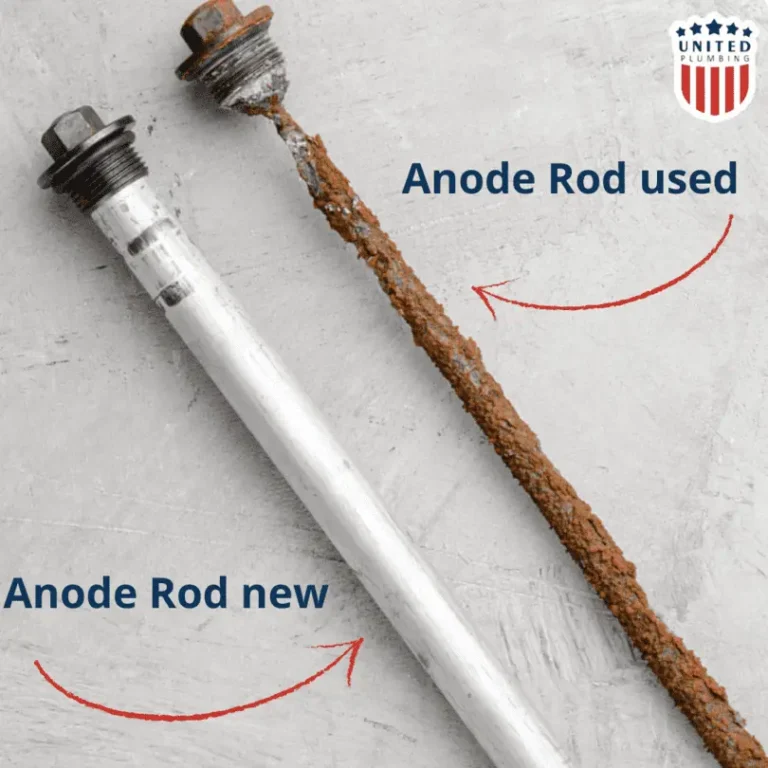
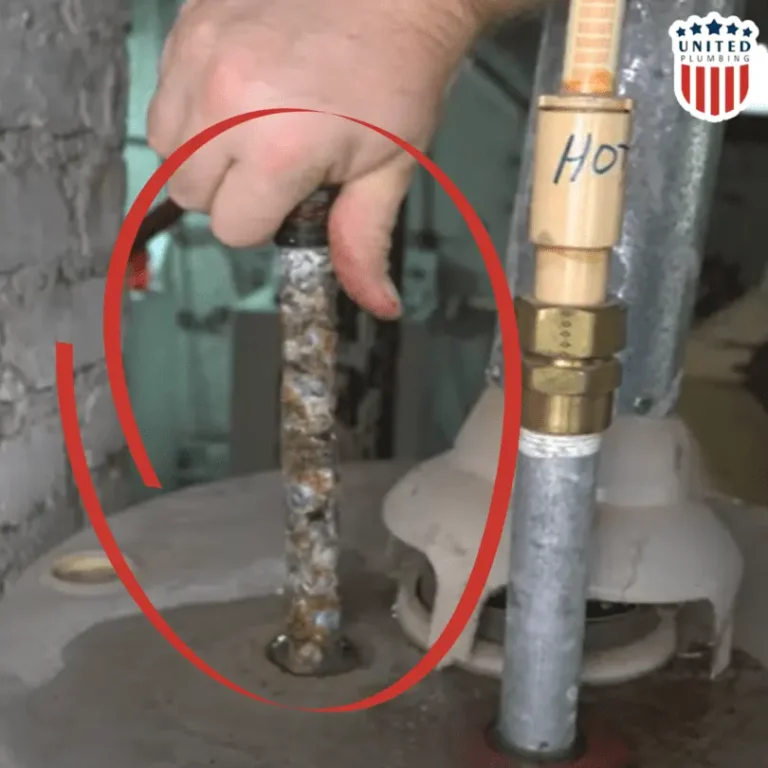
6. Monitor Water Quality:
Regularly test the quality of your water to assess its hardness and mineral content. This can help you identify any issues early on and take appropriate measures to prevent damage to your water heater and other appliances. Many hardware stores sell inexpensive water testing kits that allow you to check your water quality at home.
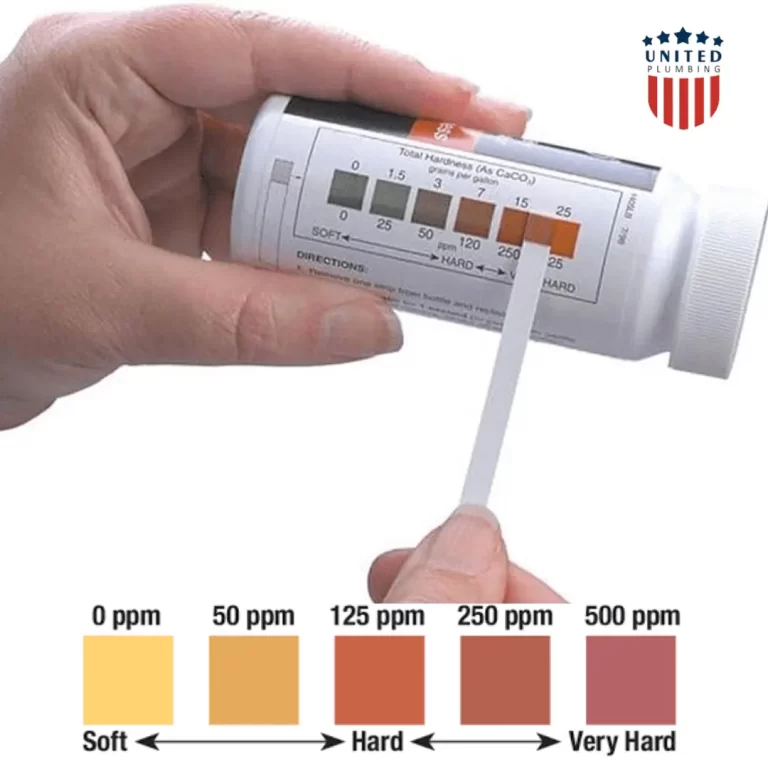
In conclusion, hard water can pose a significant threat to your water heater, causing damage and reducing its lifespan. However, by taking proactive steps such as installing a water softener, performing regular maintenance, using water filters, adjusting temperature, replacing anode rods, and monitoring water quality, you can effectively prevent hard water damage and ensure your water heater operates efficiently for years to come. Investing in these preventative measures now can save you time, money, and frustration in the long run.
Post views: 729
Latest posts
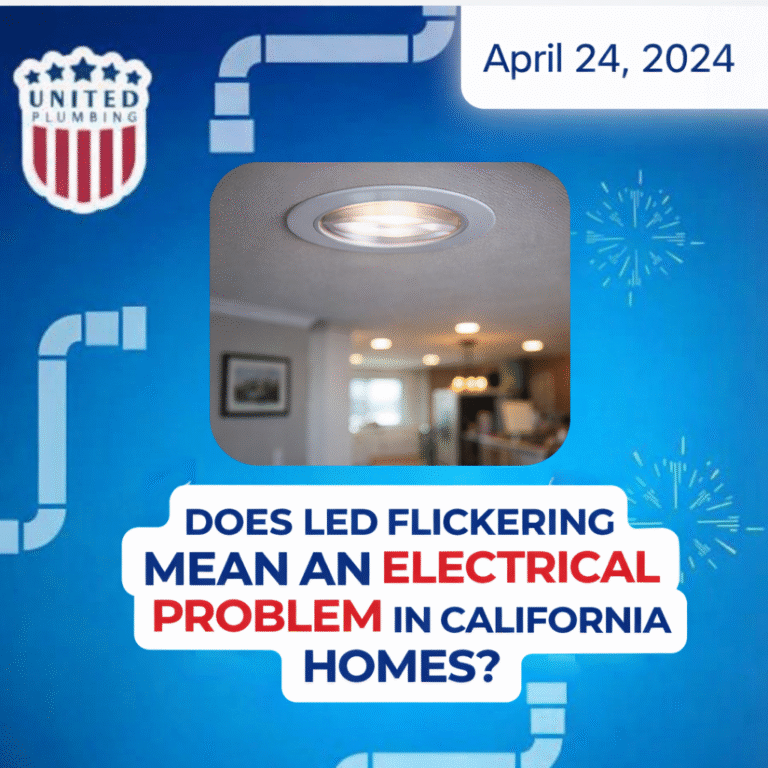
Does LED Flickering Mean an Electrical Problem?
What California Homeowners Need to Know
LED lights are popular in California homes because they use less energy...
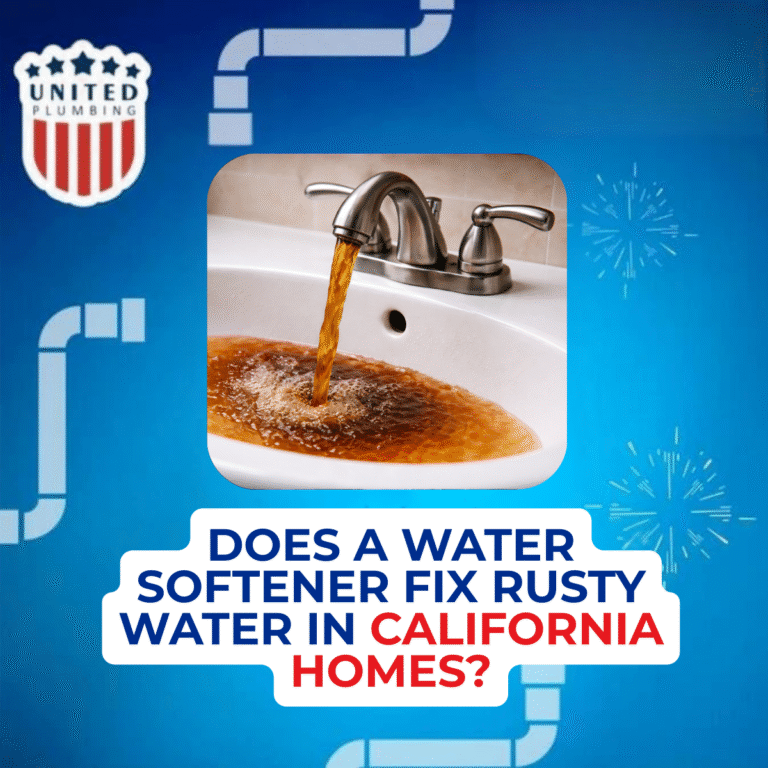
Does a Water Softener Fix Rusty Water in California Homes?
If you’re seeing brown, orange, or reddish water coming from your faucets, it’s normal to wonder if a water softener...


If you still have questions or need advice, please leave a request and we will contact you as soon as possible
Need a plumber and got no clue where to start?
(408) 539-6936Facing a plumbing issue? Get a FREE in-person estimate and quick solutions from our skilled technicians, ensuring your home runs smoothly again!
